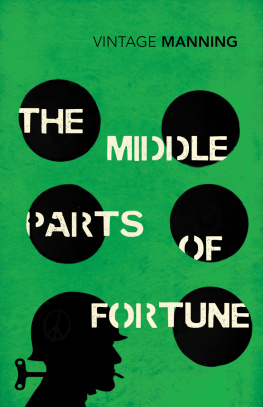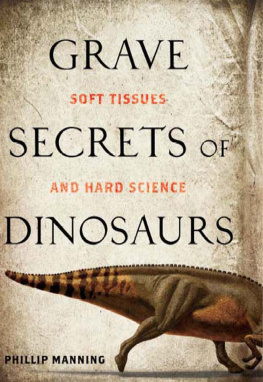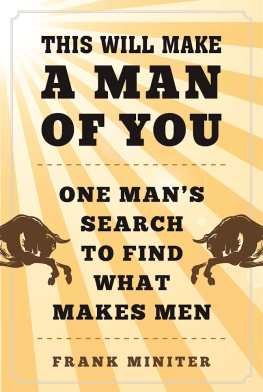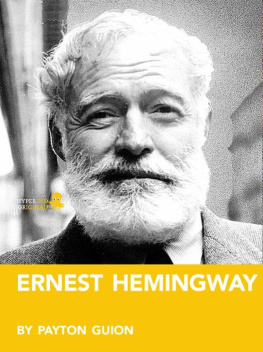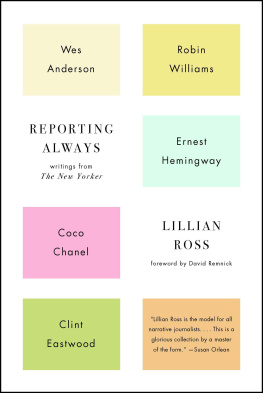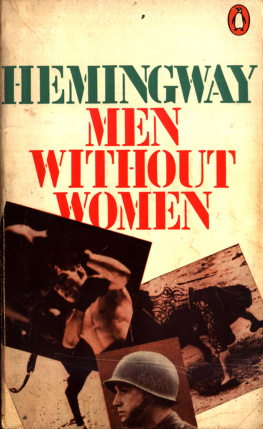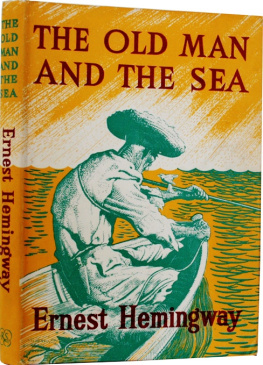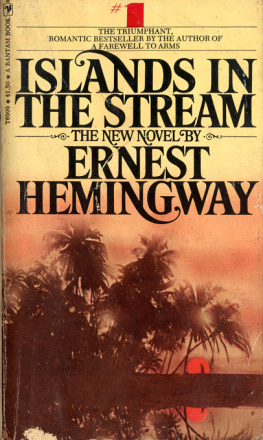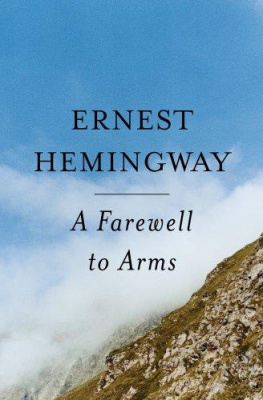1
By my troth, I care not; a man can die but once; we owe God a death... and let it go which way it will, he that dies this year is quit for the next.
SHAKESPEARE
THE DARKNESS WAS increasing rapidly, as the whole sky had clouded, and threatened thunder. There was still some desultory shelling. When the relief had taken over from them, they set off to return to their original line as best they could. Bourne, who was beaten to the wide, gradually dropped behind, and in trying to keep the others in sight missed his footing and fell into a shell-hole. By the time he had picked himself up again the rest of the party had vanished; and, uncertain of his direction, he stumbled on alone. He neither hurried nor slackened his pace; he was light-headed, almost exalted, and driven only by the desire to find an end. Somewhere, eventually, he would sleep. He almost fell into the wrecked trench, and after a moments hesitation turned left, caring little where it led him. The world seemed extraordinarily empty of men, though he knew the ground was alive with them. He was breathing with difficulty, his mouth and throat seemed to be cracking with dryness, and his water-bottle was empty. Coming to a dug-out, he groped his way down, feeling for the steps with his feet; a piece of Wilson canvas, hung across the passage but twisted aside, rasped his cheek; and a few steps lower his face was enveloped suddenly in the musty folds of a blanket. The dug-out was empty. For the moment he collapsed there, indifferent to everything. Then with shaking hands he felt for his cigarettes, and putting one between his lips struck a match. The light revealed a candle-end stuck by its own grease to the oval lid of a tobacco-tin, and he lit it; it was scarcely thicker than a shilling, but it would last his time. He would finish his cigarette, and then move on to find his company.
There was a kind of bank or seat excavated in the wall of the dug-out, and he noticed first the tattered remains of a blanket lying on it, and then, gleaming faintly in its folds a small metal disk reflecting the light. It was the cap on the cork of a water-bottle. Sprawling sideways he reached it, the feel of the bottle told him it was full, and uncorking it he put it to his lips and took a great gulp before discovering that he was swallowing neat whiskey. The fiery spirit almost choked him for the moment, in his surprise he even spat some of it out; then recovering, he drank again, discreetly but sufficiently, and was meditating a more prolonged appreciation when he heard men groping their way down the steps. He recorked the bottle, hid it quickly under the blanket, and removed himself to what might seem an innocent distance from temptation.
Three Scotsmen came in; they were almost as spent and broken as he was, that he knew by their uneven voices; but they put up a show of indifference, and were able to tell him that some of his mob were on the left, in a dug-out about fifty yards away. They, too, had lost their way, and asked him questions in their turn; but he could not help them, and they developed among themselves an incoherent debate, on the question of what was the best thing for them to do in the circumstances. Their dialect only allowed him to follow their arguments imperfectly, but under the talk it was easy enough to see the irresolution of weary men seeking in their difficulties some reasonable pretext for doing nothing. It touched his own conscience, and throwing away the butt of his cigarette he decided to go. The candle was flickering feebly on the verge of extinction, and presently the dug-out would be in darkness again. Prudence stifled in him an impulse to tell them of the whiskey; perhaps they would find it for themselves; it was a matter which might be left for providence or chance to decide. He was moving towards the stairs, when a voice, muffled by the blanket, came from outside.
Who are down there?
There was no mistaking the note of authority and Bourne answered promptly. There was a pause, and then the blanket was waved aside, and an officer entered. He was Mr Clinton, with whom Bourne had fired his course at Tregelly.
Hullo, Bourne, he began, and then seeing the other men he turned and questioned them in his soft kindly voice. His face had the greenish pallor of crude beeswax, his eyes were red and tired, his hands were as nervous as theirs, and his voice had the same note of over-excitement, but he listened to them without a sign of impatience.
Well, I dont want to hurry you men off, he said at last, but your battalion will be moving out before we do. The best thing you can do is to cut along to it. Theyre only about a hundred yards further down the trench. You dont want to straggle back to camp by yourselves; it doesnt look well either. So you had better get moving right away. What you really want is twelve hours solid sleep, and I am only telling you the shortest road to it.
They accepted his view of the matter quietly, they were willing enough; but, like all tired men in similar conditions, they were glad to have their action determined for them; so they thanked him and wished him good-night, if not cheerfully, at least with the air of being reasonable men, who appreciated his kindliness. Bourne made as though to follow them out, but Mr Clinton stopped him.
Wait a minute, Bourne, and we shall go together, he said as the last Scotsman groped his way up the steeply pitched stairs. It is indecent to follow a kilted Highlander too closely out of a dug-out. Besides I left something here.
He looked about him, went straight to the blanket, and took up the water-bottle. It must have seemed lighter than he expected, for he shook it a little suspiciously before uncorking it. He took a long steady drink and paused.
I left this bottle full of whiskey, he said, but those bloody Jocks must have smelt it. You know, Bourne, I dont go over with a skinful, as some of them do; but, by God, when I come back I want it. Here, take a pull yourself; you look as though you could do with one.
Bourne took the bottle without any hesitation; his case was much the same. One had lived instantaneously during that timeless interval, for in the shock and violence of the attack, the perilous instant, on which he stood perched so precariously, was all that the half-stunned consciousness of man could grasp; and, if he lost his grip on it, he fell back among the grotesque terrors and nightmare creatures of his own mind. Afterwards, when the strain had been finally released, in the physical exhaustion which followed, there was a collapse, in which ones emotional nature was no longer under control.
Were in the next dug-out, those who are left of us, Mr Clinton continued. I am glad you came through all right, Bourne. You were in the last show, werent you? It seems to me the old Hun has brought up a lot more stuff, and doesnt mean to shift, if he can help it. Anyway we should get a spell out of the line now. I dont believe there are more than a hundred of us left.
A quickening in his speech showed that the whiskey was beginning to play on frayed nerves: it had steadied Bourne for the time being. The flame of the candle gave one leap and went out. Mr Clinton switched on his torch, and shoved the water-bottle into the pocket of his raincoat.
Come on, he said, making for the steps, you and I are two of the lucky ones, Bourne; weve come through without a scratch; and if our luck holds well keep moving out of one bloody misery into another, until we break, see, until we break.
Bourne felt a kind of suffocation in his throat: there was nothing weak or complaining in Mr Clintons voice, it was full of angry soreness. He switched off the light as he came to the Wilson canvas.
Dont talk so bloody wet, Bourne said to him through the darkness. Youll never break.
The officer gave no sign of having heard the sympathetic but indecorous rebuke. They moved along the battered trench silently. The sky flickered with the flash of guns, and an occasional star-shell flooded their path with light. As one fell slowly, Bourne saw a dead man in field grey propped up in a corner of a traverse; probably he had surrendered, wounded, and reached the trench only to die there. He looked indifferently at this piece of wreckage. The grey face was senseless and empty. As they turned the corner they were challenged by a sentry over the dug-out.

